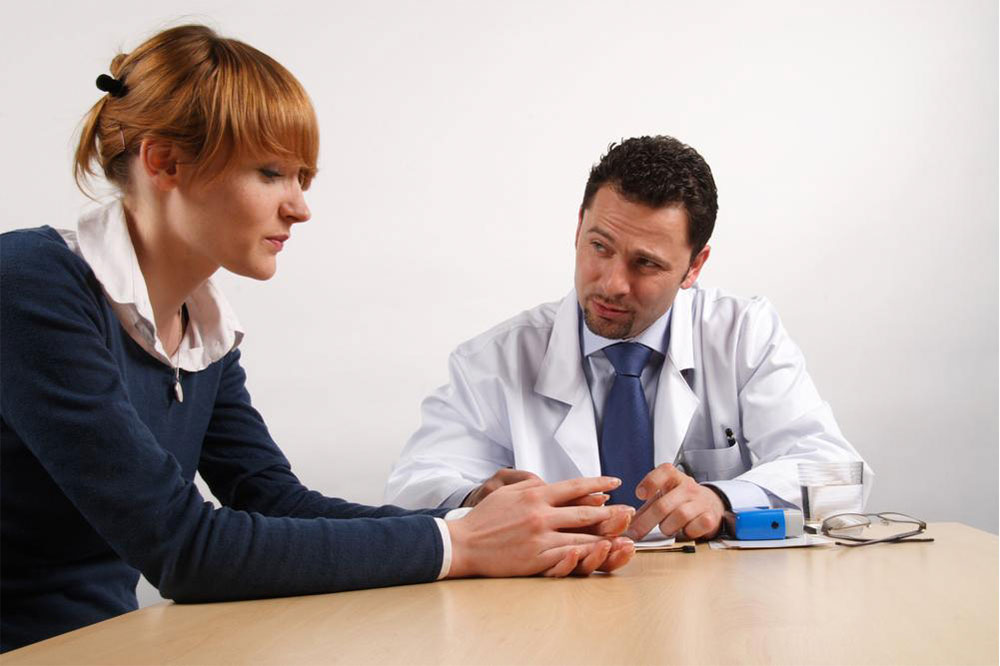
Stages, Symptoms, and Treatment for Colon Cancer
Colon cancer is a disease where the cancer cells are formed in the connective tissues of the colon and spread further outwards. The colon is a part of the digestive tract. This is essentially the first part of the large intestine which goes up to 5 feet long. Unhealthy health and lifestyle are the major reasons for the development of colon cancer.
If you see blood in your poop, or any transition in bowel habits it tells you big signs of colon cancer. You need to seek a doctor’s advice when you feel under the weather anything related to the digestive tract. Tests are performed to diagnose the stage and declare the prognosis.
Colon cancer medical treatments continue to advance, offering hope and targeted therapies for patients. Opdivo, a groundbreaking cancer medication, has shown promise in the treatment of colon cancer, providing new avenues for immunotherapy. Additionally, Ayvakit has emerged as a significant treatment for gastrointestinal stromal tumors (GIST), showcasing its effectiveness in addressing specific tumor types. In the realm of colorectal cancer, Braftovi stands out as a targeted therapy, demonstrating efficacy in blocking certain pathways crucial for cancer growth. These advancements in medication signify a personalized and evolving approach to colon cancer treatment, underscoring the importance of tailored strategies to improve outcomes for individuals facing this challenging diagnosis.
Stages of colon cancer
Diagnosis is done to check the stage of the cancer spread in the colon and outside the colon. There are three stages before reaching advanced stage 4. The cancer begins from the inner walls of colon spreading to nearby lymph nodes and moving ahead to distant organs and making it difficult for the survival of the advanced main stage of colon cancer.
Other signs and symptoms
Irritable bowel syndrome, bright red or dark red-colored stool, constipation or diarrhea, narrower stools than usual, bloating and cramps, gas issues, sudden weight loss, loss of appetite, vomiting and nausea are some symptoms of main stages of colon cancer.
Tests and procedures
Physical exam and understanding the history of the patient until the day of consultation where general health checkup is done, lumps are checked for this disease, medical history is asked from the patient including diet, lifestyle, and genetic medication history. Digital rectal exam where a doctor checks for lumps inside the rectum by inserting a lubricated glove. FOBT or fecal occult blood test is advised to check the stool under a microscope. This is to test the blood samples in the stool which indicates the presence of polyps, cancer or something that can affect the bowel movements.
Prognosis and Treatment
The stage of cancer is a major factor during the prognosis and treatment process. This helps to identify the location of cancer and its spread to lymph nodes and other neary by organs. Prognosis is also based on the width of cancer cells and how much they have blocked the colon, also after treatment doctors still need to consult the patients to check for further spread and check if cancer cells have been eradicated.
Staging process
CT scan to take internal images of the abdomen, pelvis, chest in a different angle. A type of dye is injected into the patient’s vein to show the organs and connective tissues clearly. Then we have MRI Scan, a procedure that uses radio waves and takes pictures of the interior section of the colon. Gadolinium is injected into the patient’s veins which are collected around the tumor and show up better on the computer screen to locate the tumor. PET scan or the Positron emission tomography scan, where radioactive glucose is injected into the patient’s vein. PET scanner is moved around the body to check where the glucose has been used up. Malignant cells take up more glucose hence picture shows that clearly. Then the chest X-ray, where an x-ray of organs and bones inside the chest is taken.


